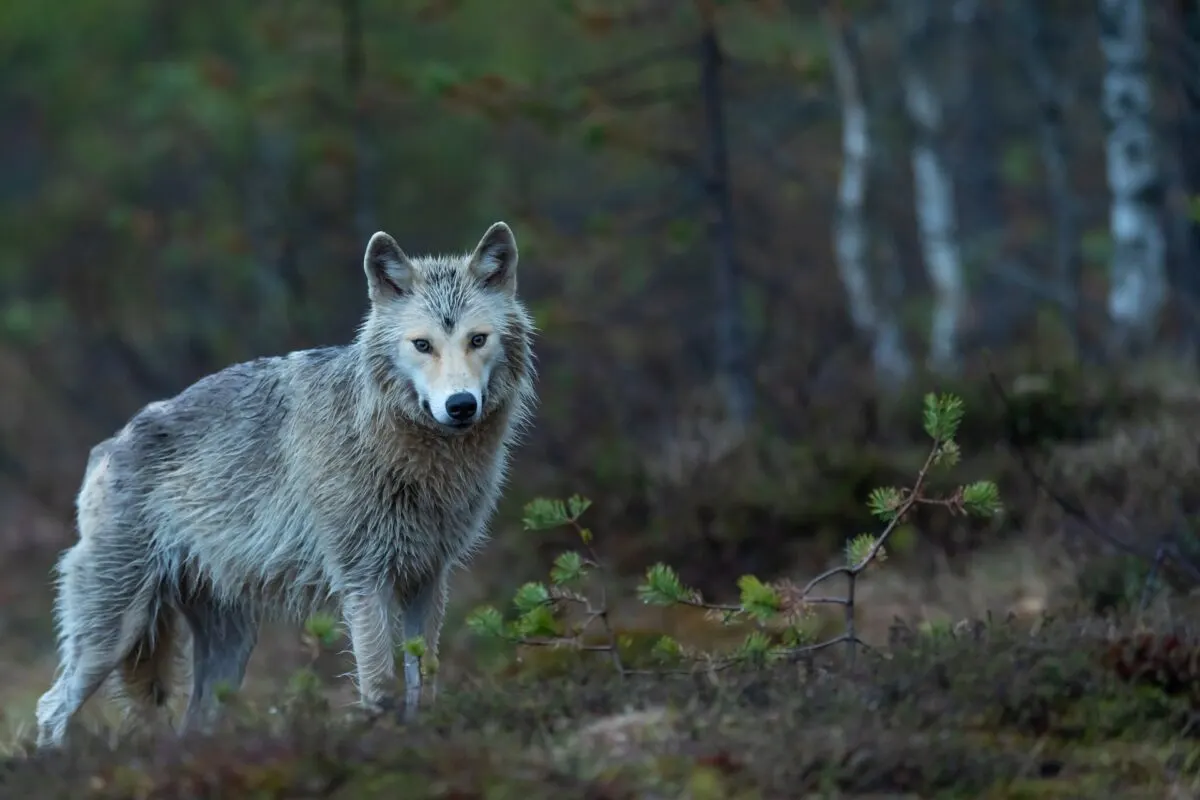According to Washington state rules, killing wolves is permitted provided they are attacking your livestock. But is killing endangered animals the only solution to this problem?
In September, 2023, Washington Governor Jay Inslee questioned the Fish and Wildlife Commission‘s dismissal of an appeal that sought to make changes to the state’s policies on managing wolf populations in a more humane manner.
On January 12th, 2024, Inslee won the petition to introduce new rules that diffuse wolf killings. This has reversed the commission’s rejection of the appeal made in September. Now, Washington will finally focus on preventing wolf-livestock conflict without hurting the wolves.
In this article, we walk you through the ongoing shift in the state’s approach. We’ll see the latest wolves and livestock conflict management rules, as World Animal News reported.
Emphasis on Nonlethal Methods
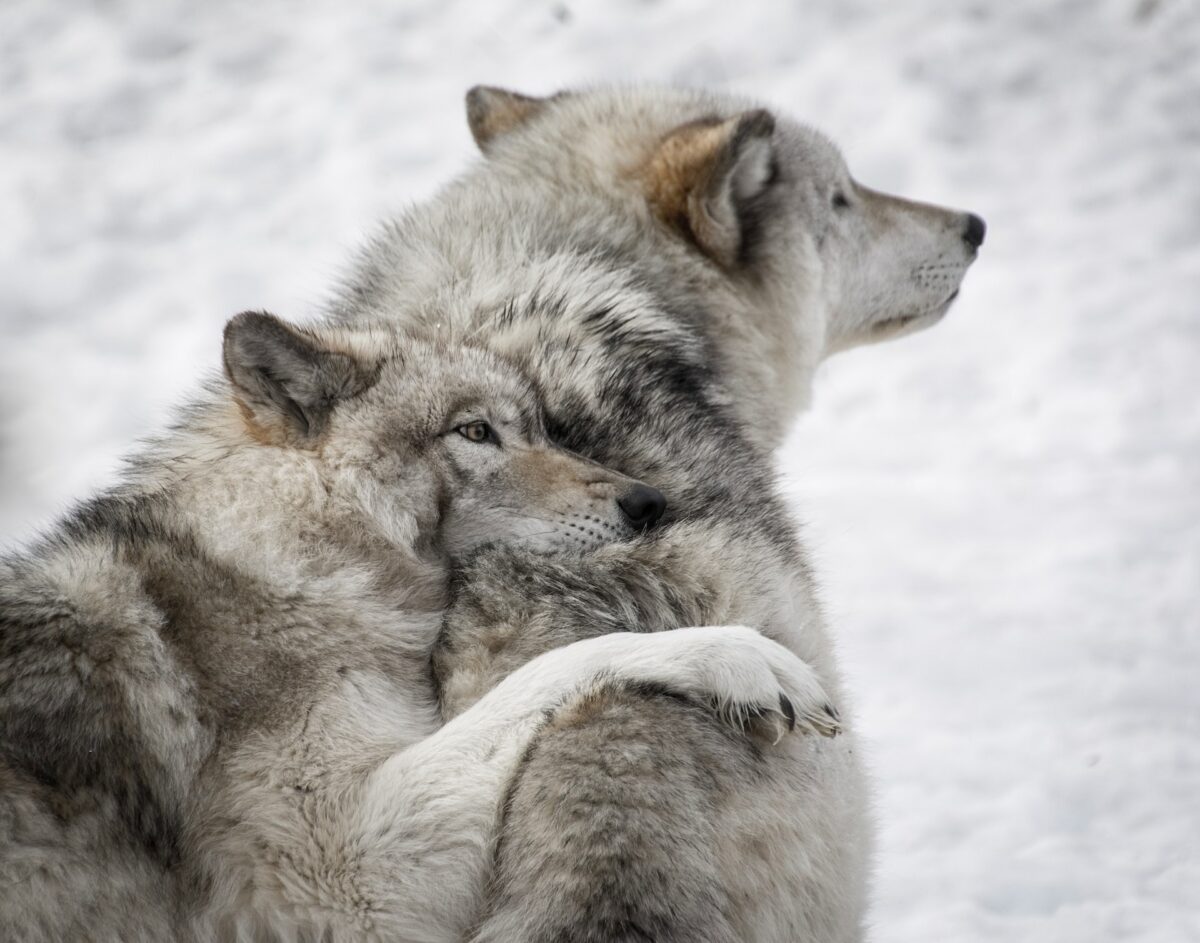
Governor Inslee’s directive comes in response to a petition filed by wolf advocacy groups in September. The petition suggests the state shouldn’t just “deal with” wolves – it’s time to give these magnificent creatures the protection they deserve! These new rules ditch the outdated shoot-first mentality and embrace a more thoughtful, science-backed approach. Moreover, It turns out that wiping out wolves doesn’t magically fix the problem – it just stirs up more anger among people for wolf packs. Plus, leaves our ecosystem worse off.
Alarming Wolf Killings Statistics
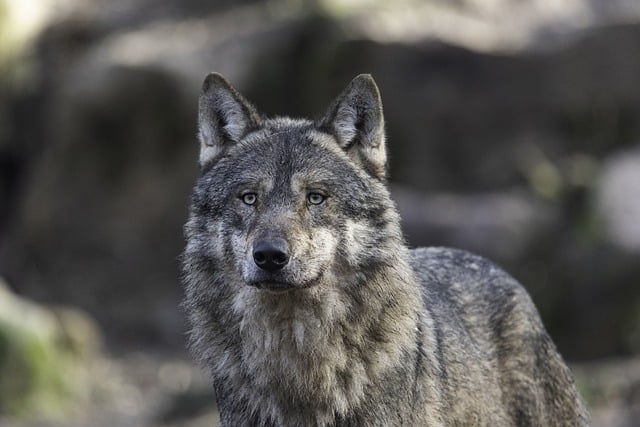
Since 2012, Washington has witnessed the killing of 53 state-endangered wolves due to conflicts with livestock. Alarmingly, 75% of these wolves were shot on behalf of the same livestock-owning family, which failed to implement adequate measures to protect their cattle. The majority of conflicts leading to wolf deaths occurred on public lands, with 16 wolves shot in the last three years alone.
Proposed Amendments for Protection Against Wolf Killings
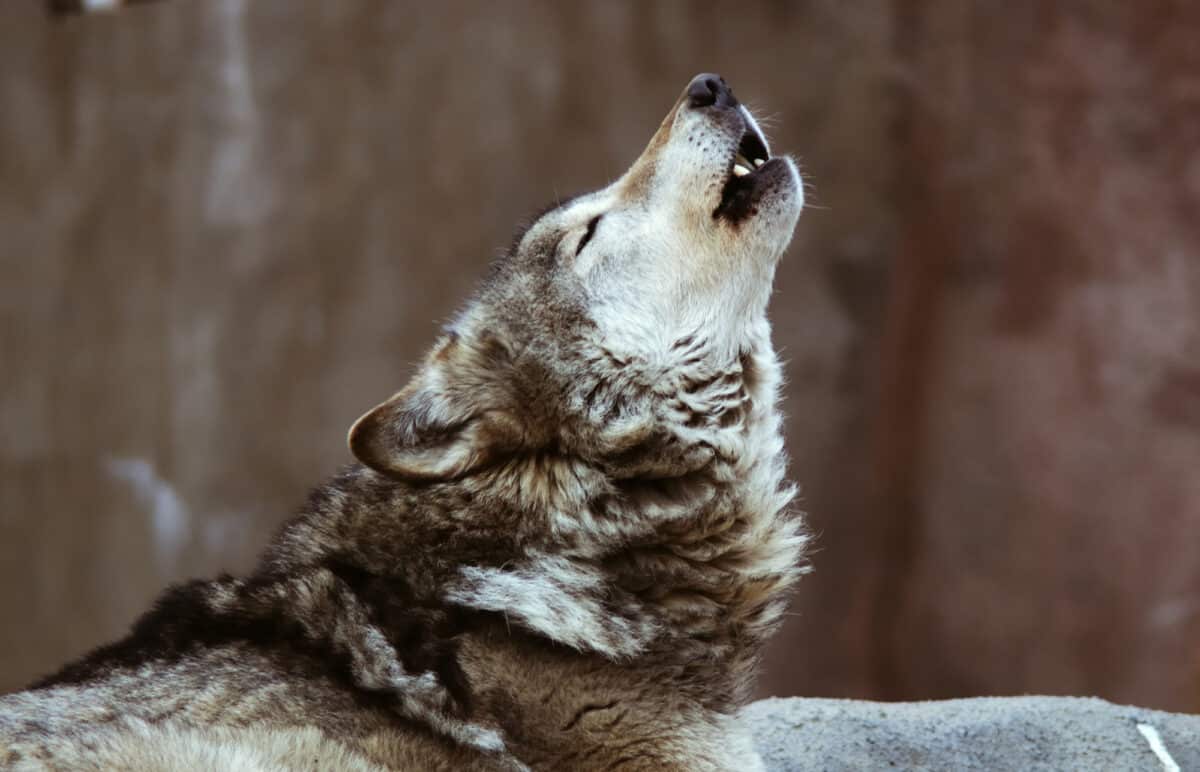
Wolf advocacy groups proposed amendments to existing rules. Their primary focus is on the need for livestock operators to employ nonlethal conflict prevention methods. These can include effective range riding and scare devices before jumping on lethal measures. The proposed changes also advocate for developing mitigation plans in areas with chronic conflicts and limiting the number of wolves that can be killed.
Similar Appeals’ History
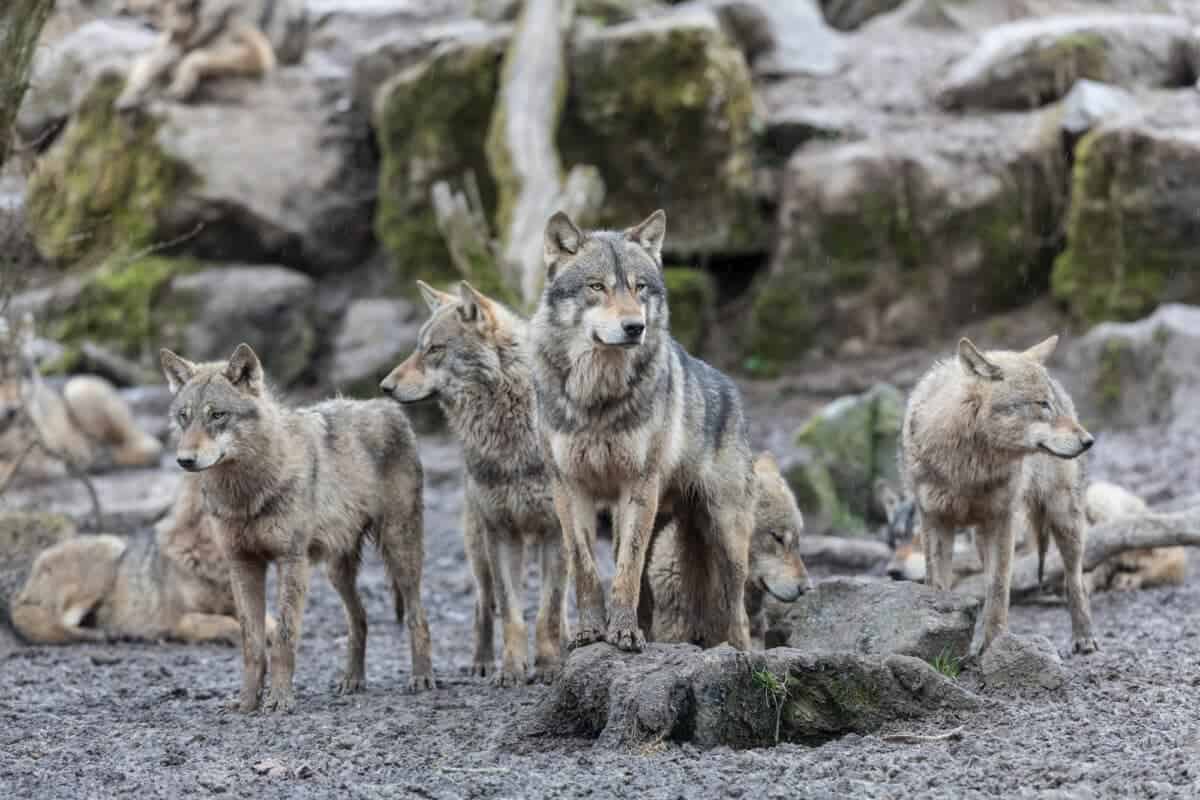
In 2019, Governor Inslee asked the agency to be more considerate about wolves. Sadly, they didn’t pay attention. The following year, in 2020, there was a similar request because the agency ignored the governor’s 2019 plea. Unfortunately, that got rejected, too. Jump to September 2023, when the Fish and Wildlife Commission said no to a petition filed by wolf advocacy groups.
Then, in November of the same year, the advocacy groups concerned about wolf protection chatted with Governor Inslee. The recent plea marks the second time advocates have appealed to the governor’s office. Plus, it’s the third time Governor Inslee has ordered reconsidering how the state addresses livestock-wolf conflicts.
However, the governor’s intervention was successful for the third time. The new rules will adopt science-based rules to foster coexistence with wolves.
Conclusion
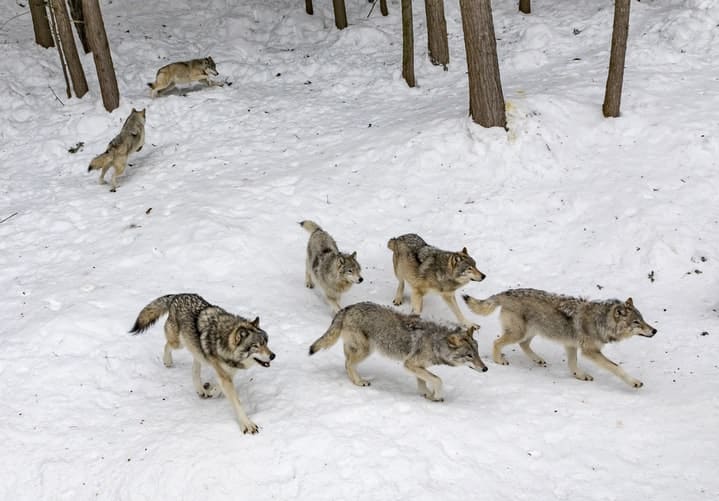
Governor Inslee’s call opting for wolf-friendly ways over shotguns echoes a resounding truth: conservation outweighs annihilation. Petitions piled high, and tireless advocacy groups howling their case finally pushed Washington towards a balanced decision. As the tide turns on wolf policy, let’s hope science takes the reins and steers us towards a future where wolves and livestock can co-exist.
You may also like:
Join our Forum for free today!

- Surprise Hippo Attack on Three Lions - July 21, 2024
- USA’s Best Wildlife Conservation Success Stories - July 14, 2024
- The Incredible Bird with Sunflower Eyes - July 13, 2024

